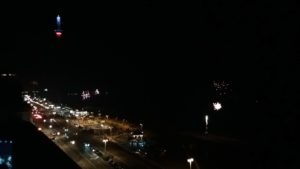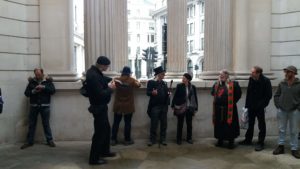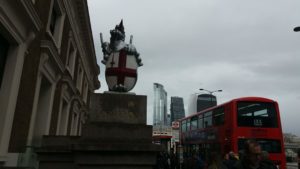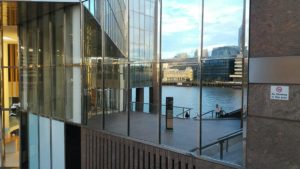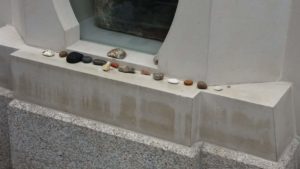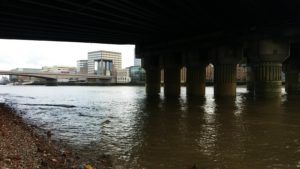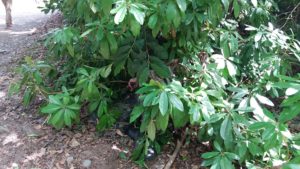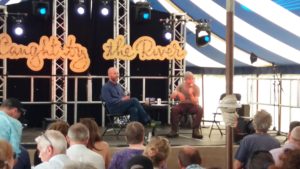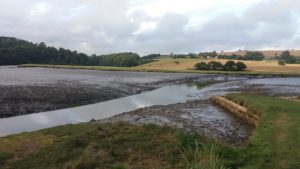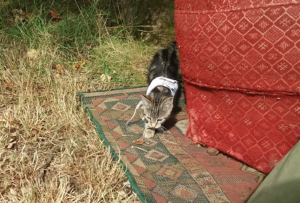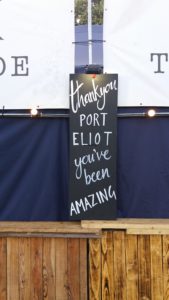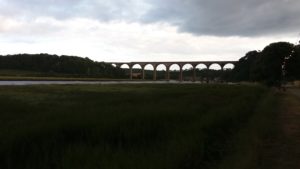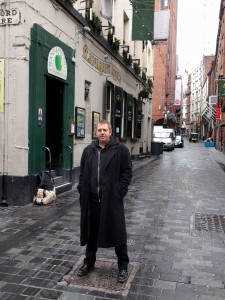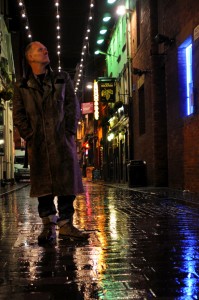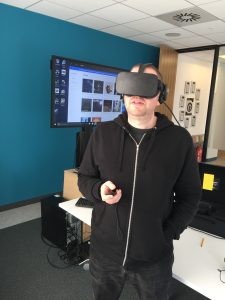I recently re-read my whole blog archive. 12 years is a long time, and the word count was the same as three average-sized novels. The review was more fun than I expected. There was a playfulness to blogging when I started, which has now moved over to Twitter and Facebook. These days, a lot of people seem to use blogging mostly for Really Big Thoughts, which are then linked to from the streams. Which make sense, as few people are following blogs these days, but I miss having both those modes.
When I first started blogging, around 2000, I decided not to be negative in my posts. While I was far from happy for parts of the 2007-19 period, the memories I’d recorded were positive ones, and the bad vibes were lost. Looking back, being reminded of capers and shows and friends was a lovely feeling.
The biggest surprise was seeing my writing take shape over a longer period. There was a feeling of potential, which I seem to have lost recently. That’s not in the sense of having losing or wasting potential – I mean that I used to approach my writing in a more open and enthusiastic manner. I was excited by so many things: new journalism, live performance, reality hunger, new aesthetic, networked realism. It was good to be reminded of this. That passion and potential has gotten lost along the way, which might be why I’ve had so much trouble with writing recently. More play, less planning.
And You’re not my Babylon, released in 1994 and posted about in 2012, is still one of the greatest songs ever written.
(Technical note – turning the WordPress XML archive into a Kindle file was more of a faff than I planned. I used to be pretty good at XSLT but, in the end, I googled for a script someone else had made. Then, rather than build the .mobi file from scratch, I loaded the HTML into word to produce a doc I could transmit with the send-to-kindle app. I wonder if simple tasks like ‘read my blog on my kindle’ will always be a drag?)
